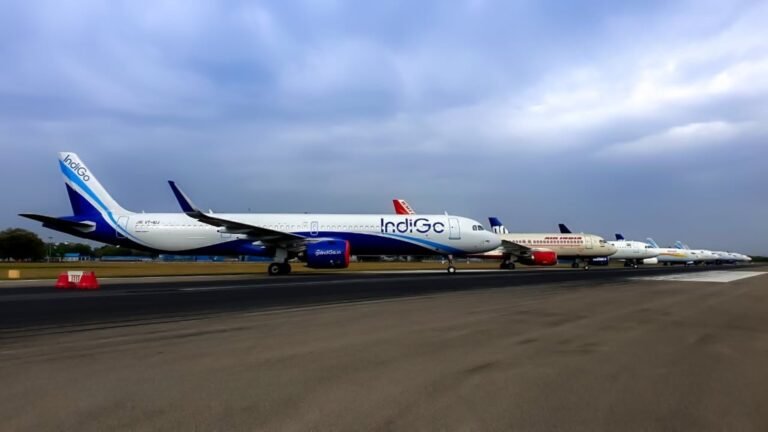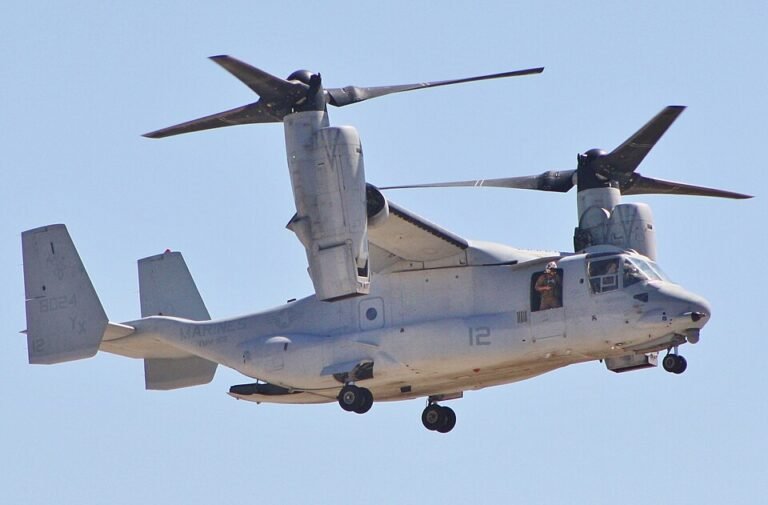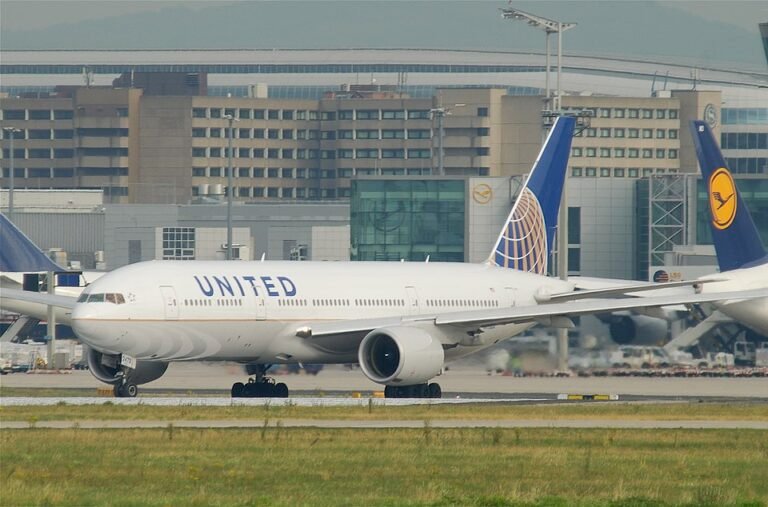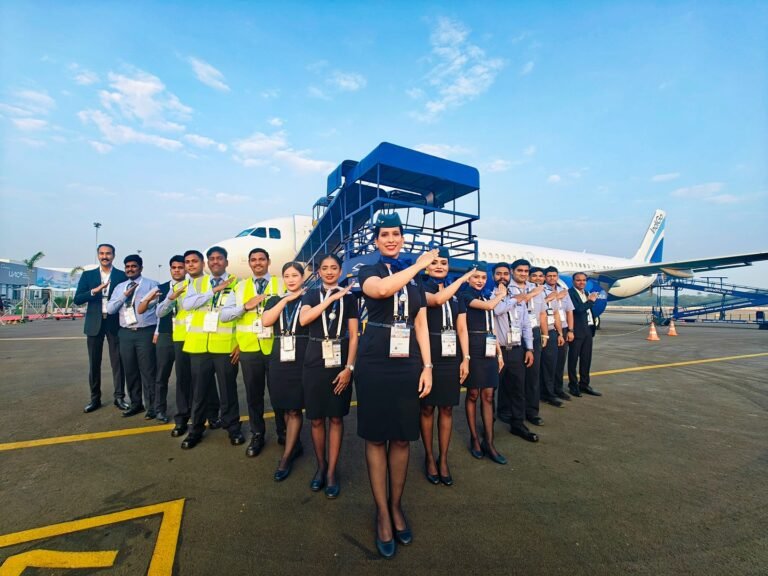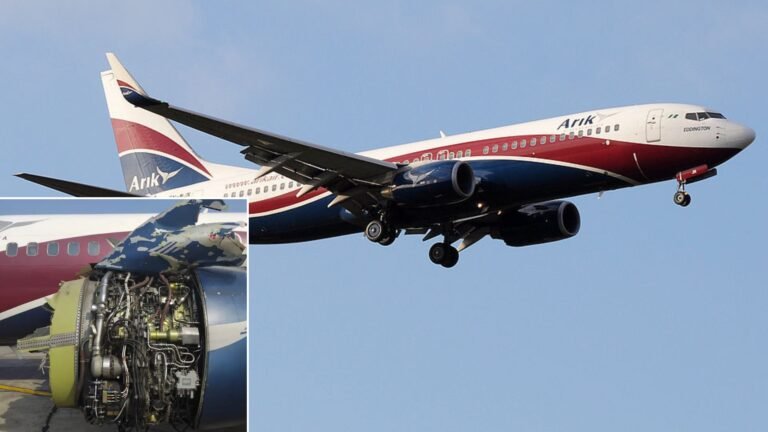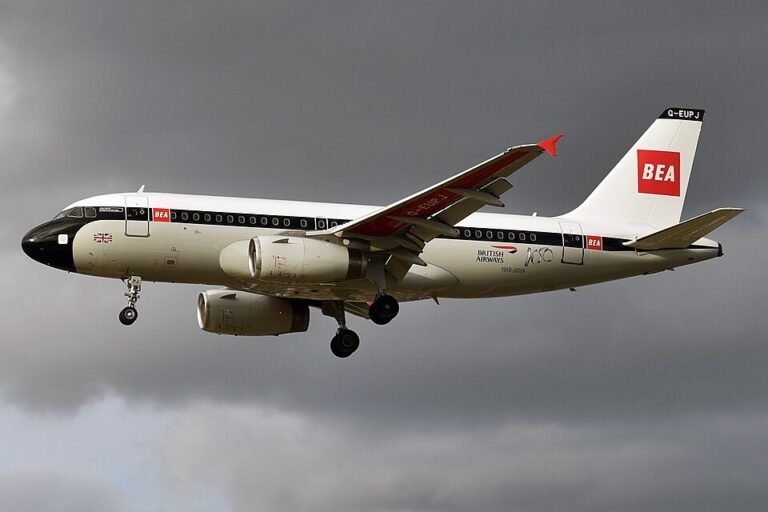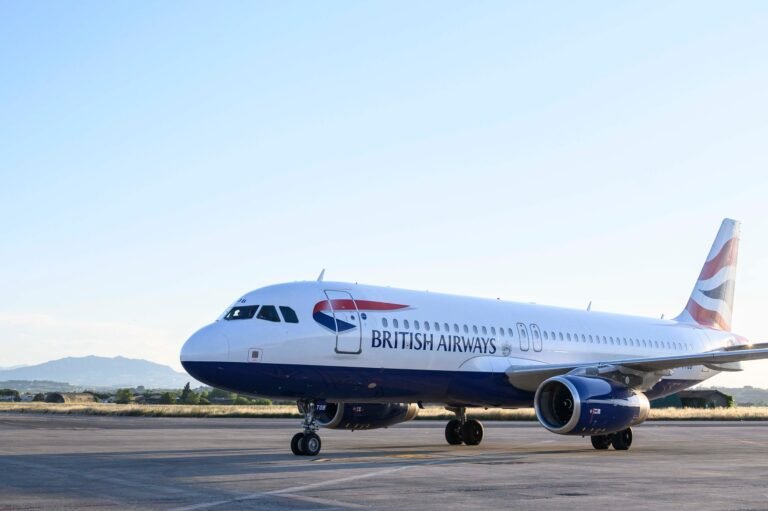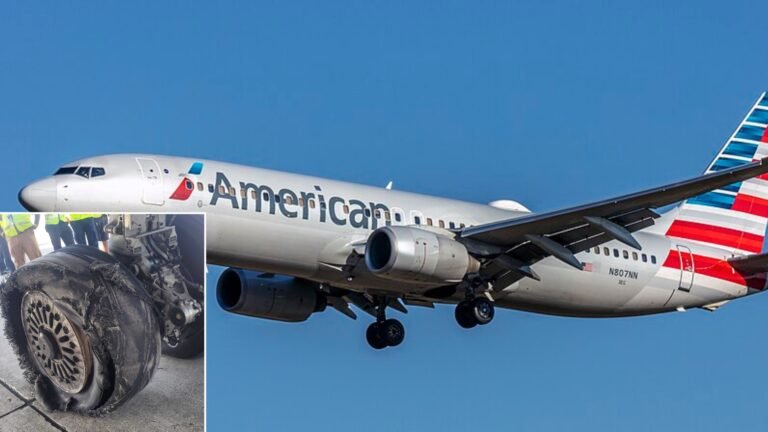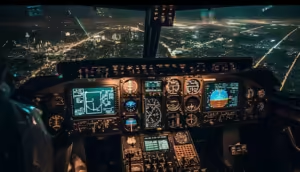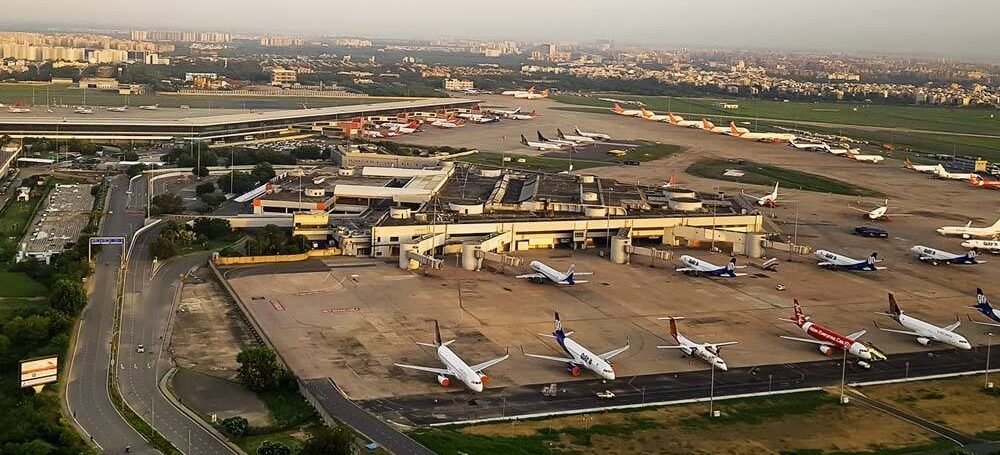
Delhi, India: The Directorate General of Civil Aviation (DGCA) has raised safety concerns after identifying repeated aircraft defects and operational shortcomings during a recent night-time surveillance drive at major Indian airports. The inspections, carried out between June 19 and 21, 2025, covered multiple airlines operating from Delhi and Mumbai and form part of the regulator’s intensified oversight efforts following a string of safety incidents.
Key Findings from the Night Surveillance:
According to DGCA’s internal report, the audits uncovered several repeated and unresolved issues across a range of aircraft. The most notable findings include:
- Recurring technical snags that were neither properly rectified nor reported in the aircraft technical logs, including flap/slat lever issues.
- Unsecured or missing life vests under passenger seats an infringement of mandatory cabin safety requirements.
- Defective systems that were carried forward without appropriate corrective maintenance action or recorded deferrals.
- Inadequate maintenance practices, including improper recording of faults and non-adherence to prescribed engineering protocols.
- DGCA officials stated that these were not isolated incidents but recurring issues that had not been systematically addressed by the airlines concerned.
Operational Oversight Gaps
The surveillance also revealed gaps in standard operating procedures (SOPs), particularly with respect to turnaround maintenance and documentation. In several instances, snags logged in the cockpit were not matched with engineering follow-up in the technical documentation, pointing to communication lapses between flight crews and ground staff.
The findings suggest that some airlines may be failing to follow up with required engineering assessments during night halts, when regular supervision is typically reduced.
Corrective Measures Mandated
The DGCA has issued formal directives to the operators whose aircraft were inspected. These include:
- Immediate resolution of all noted discrepancies.
- Submission of action-taken reports within seven days.
- Review and reinforcement of night-time maintenance protocols.
- Re-training of engineering staff and line maintenance personnel where necessary.
In a statement, the DGCA reiterated its “zero-tolerance approach” toward operational non-compliance and emphasized that failure to address the issues may attract further regulatory action, including penalties or suspension of aircraft operations.
Background and Context
The night-time audits were launched as part of a broader response to mounting concerns over flight safety, especially in the wake of the catastrophic crash of Air India Flight AI171 on June 12, 2025, which resulted in the deaths of more than 240 passengers and crew. The incident has prompted renewed scrutiny of aircraft airworthiness, regulatory compliance, and safety oversight across Indian aviation.
These latest inspections are part of a broader, nationwide surveillance campaign initiated by the DGCA to enhance flight safety standards. The campaign includes random night audits, pre-flight checks, and focused inspections on crew duty times and aircraft logbook records.
The aviation regulator has indicated that such inspections will now be conducted more frequently, particularly during non-peak hours when traditional monitoring tends to lapse. Airlines have been urged to strengthen internal compliance and ensure that all safety equipment, engineering checks, and log entries are maintained in line with regulatory expectations.
The DGCA is expected to release a detailed summary of the audit outcomes later this month.

